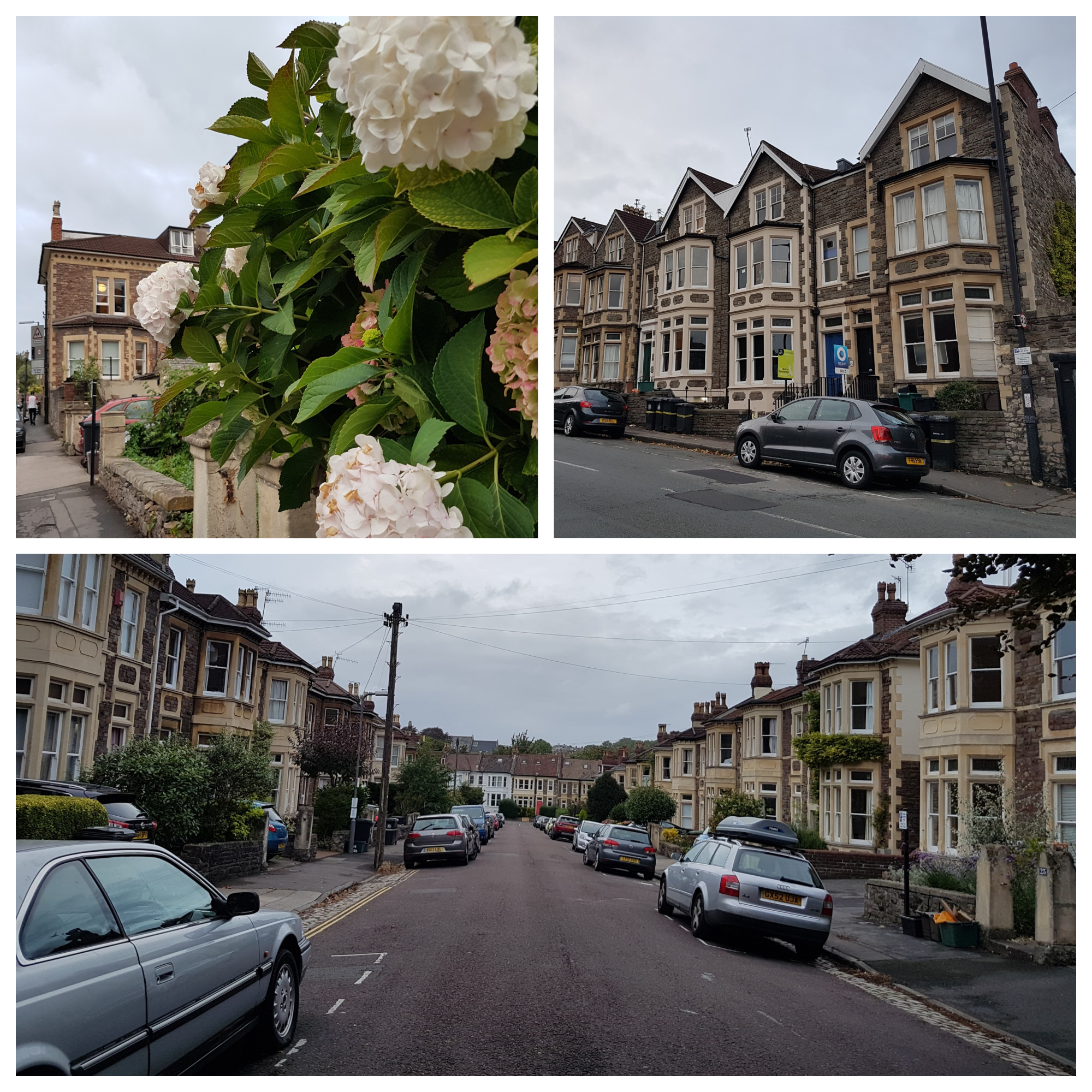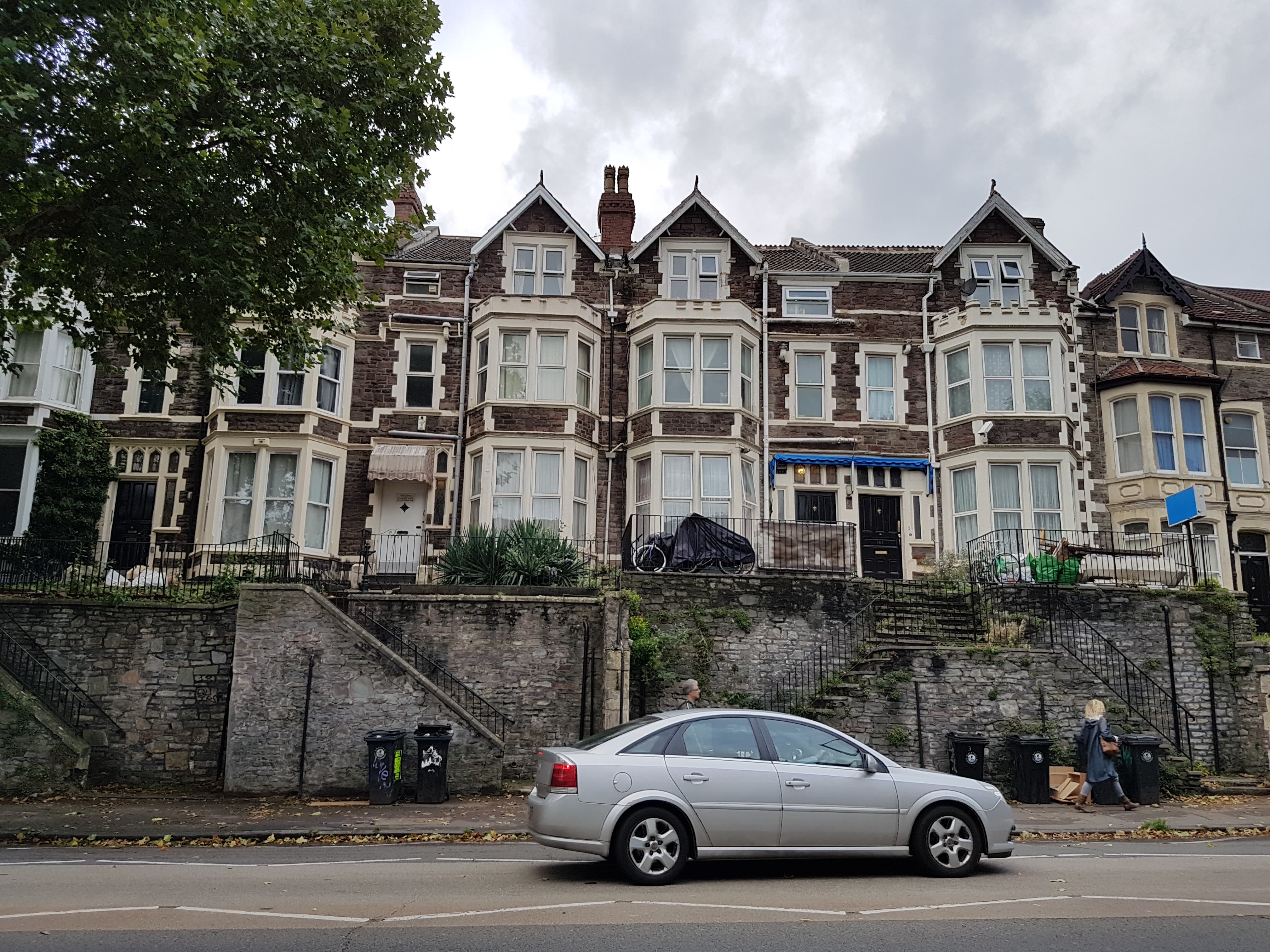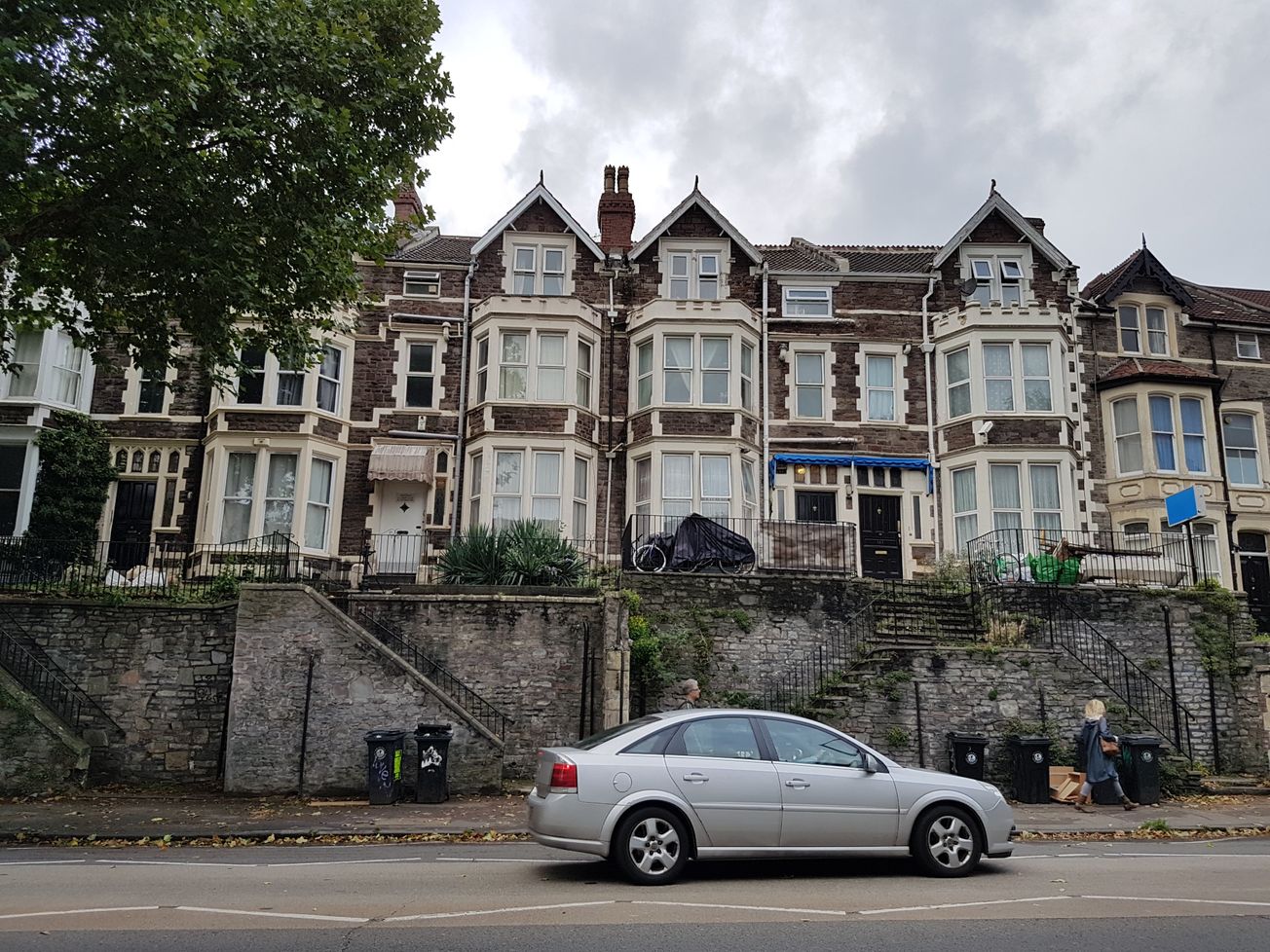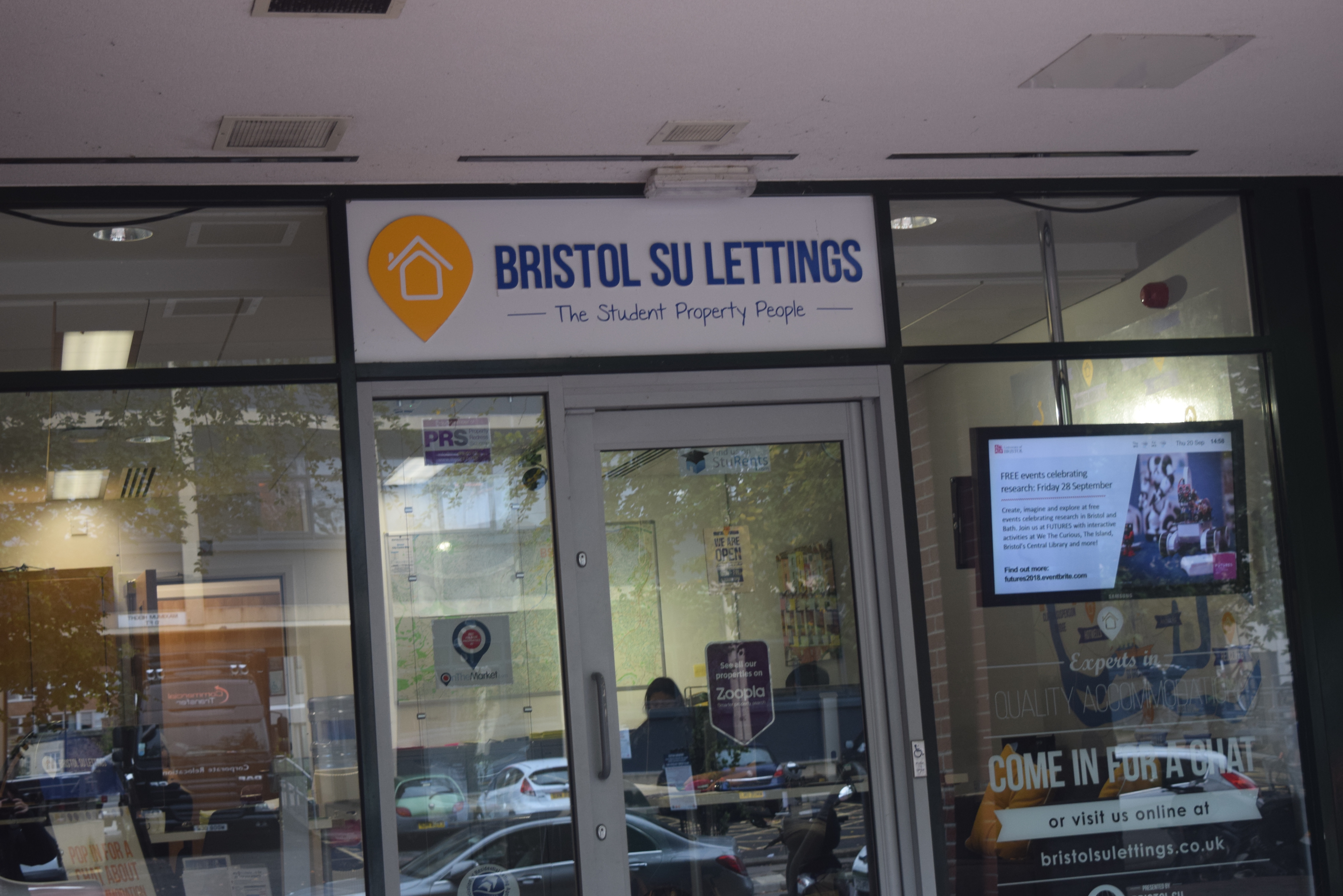By Tom Taylor, Deputy Features Editor
Faced with bills, landlords and legal jargon, entering the world of private renting can be daunting. Epigram Features have created a practical guide for students renting for the first time.
Who should I live with?
Vikki Hanley, the Branch Manager of Bristol SU Lettings, believes that ‘choosing your housemates’ is the most important part of entering private renting. Vikki emphasises the importance of not rushing into signing for a new house with people you have just met as ‘the chances are you will know these people long after uni’.
You and your housemates are embarking on a journey together which will often be fun and exciting, but it will also sometimes be difficult. Can you rely on your housemates to keep the property safe and secure? Will they pay their rent and bills on time? How well do you actually know the people your about to share a property with for a year? Sitting down with your prospective housemates and having these conversations sooner rather than later is key to avoiding more serious problems further down the line.

Image: Ayo Okojie / Epigram
Where should I live?
The most common student destinations in Bristol are Clifton, Redland, Cotham and Kingsdown. These districts are all in walking distance of the University and because of this rents can be quite pricey. Leafy and suburban, these areas are full of students, coffee shops and green spaces.
'How well do you actually know the people your about to share a property with for a year?'
Some students venture further afield to Gloucester Road and even Southville in search of arts and culture, cheaper rents and some of the most popular clubs in Bristol. Seeking distance from the University may seem attractive from a financial perspective, but you will be kicking yourself later as you trek to Tyndall Avenue for an early morning lecture.
No matter where you end up, try and involve yourself in the local community and say hello to your new neighbours.

Image: Ayo Okojie / Epigram
Paying bills
When you are looking for somewhere to rent, you will notice that some properties include utilities such as gas, electricity, water and sometimes WIFI in the price of the rent whilst others do not.
'No matter what your landlord tells you, do not set up a joint current account to pay bills from'
If bills aren’t included in the rent then you will need to have a discussion with your flatmates about how your going to pay your bills. You will probably have around four or five bills to pay and you should allocate each housemate a bill to be responsible for. This way the burden does not just fall on one person and stops bills becoming overwhelming.
No matter what your landlord tells you, do not set up a joint current account to pay the bills from. Your bank will advise you not to do this because it means that if one housemate can’t pay their part of the bill then everyone’s credit rating will be affected.
Image: Tom Taylor / Epigram
Instead, each responsible housemate should set up a free savings account with their bank and your housemates should pay into these account monthly. When a bill comes in, the relevant housemate can transfer the money from the savings account to their current account and pay the bill. Where possible, try and avoid direct debits as they can be damaging to your credit rating if you do not have enough funds in your account.
Students do not have to pay council tax and you can apply for exemption online.
Landlords and contracts
When you have decided who to live with and whereabouts your property will be, the next step is start viewing potential accommodation. If the person showing you around the property is not the landlord or an agent then alarm bells should be ringing, especially if the current tenant is showing you round. Ask lots of questions and if you see damage or uncleanliness then flag it up with the landlord.
'Most landlords will be helpful and responsive but there are an unfortunate few who care more about your money than your wellbeing'
The landlord or agent will give you a tenancy agreement to sign which you should read very carefully. Look out for hidden costs such as check in and check out fees as well as excessive admin and management fees. Take it to SU Lettings and they will look over it for you.

Image: Tom Taylor / Epigram
Most landlords will be helpful and responsive but there are an unfortunate few who care more about your money than your wellbeing. Vikki thinks there is an ‘unfair perception that students won’t take care of a property’ when in reality the SU Lettings Service sees ‘a very small percentage of problems each year.’ Make sure to take dated photographs of your whole property and log any issues which arise.
Know your rights
As a tenant, you have a number of rights protected by government law. You have the right to live in a property that’s safe and in a good state of repair meaning that your landlord must respond promptly to maintenance requests.
Your landlord should protect your deposit in a Tenancy Deposit Scheme and you have a legal right to know who your landlord is. You also have the right to live in the property undisturbed which means that your landlord must give twenty-four hours notice before visiting.
You can find the full list of tenant rights on the UK Government website and help and support is available through the housing charity Shelter.
Featured Image: Ayo Okojie / Epigram
What has your experience of private renting been? Let us know.










